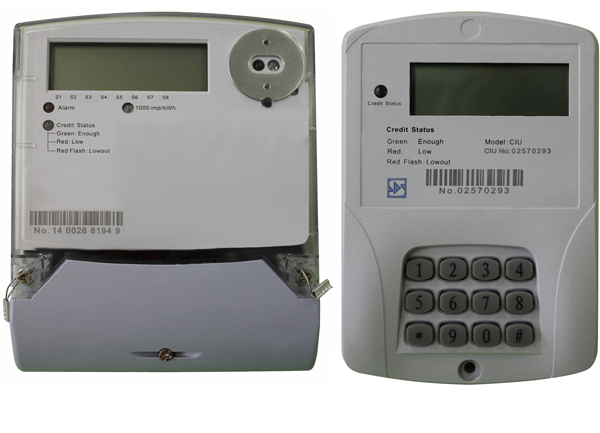FG’s Free Four Million Meters’ Distribution Run Into Glitch
The Federal Government-funded Phase 1 of the National Mass Metering Programme, NMMP, slated to commence in August appears to have been mired in uncertainty.
The programme, it was learnt, had been put on hold following allegations of fraud by the Central Bank of Nigeria against some of the Meter Asset Providers, MAPs.
A source, who pleaded for identity to be shielded due to the sensitivity of the matter, said that there was no indication that the Phase 1 meter distribution would commence this month, as power distribution companies were yet to be furnished with meters.
The NMMP is an initiative of the Nigerian Electricity Regulatory Commission, NERC, in conjunction with the Presidential Power Task Force. The initiative was launched in August 2020 to allow the CBN to fund the acquisition of meters on behalf of DisCos by paying directly to the MAPs. The free metering programme commenced with the Phase 0 where one million meters were supposed to have been distributed.
However, the CBN, on July 20, asked the Federal High Court in Lokoja, Kogi State, to freeze accounts belonging to 157 MAPs for allegedly diverting funds meant for the procurement of prepaid meters.
The apex bank, in a suit, requested commercial banks to restrict the account of 10 companies that received power sector intervention funds under the NMMP for 180 days pending the outcome of its investigation.
Following the ongoing court case, it was learnt that the free mass programme had also been put on hold until further notice.
A source that the DisCos had accused some MAPs of not supplying them with enough meters during the last visits by the CBN to the DisCos’ offices.
“The CBN visited the DisCos to audit their books and see what they used the intervention funds given to them for. It was during the visits that it was discovered that some of the MAPs had failed to deliver enough meters for distribution. Before the NMMP commenced; what we were told by the MAPs was that they had enough local capacity to meet demands. But after the CBN signed the contract with them and disbursed money to them, they failed to meet their target. They saw free money,” one of our sources had hinted.
The CBN, in the suit said, “The Central Bank of Nigeria reviewed the activities of 12, including the defendants herein Meter Asset Providers (MAPs) alleged to have diverted the Central Bank of Nigeria’s power sector intervention funds under the National Mass Metering Programme (NMMP).
“The review was aimed at ascertaining the flow of the funds made available to the MAPs, covering the period between January 1, 2020, to March 15, 2022. The preliminary review revealed that the defendants diverted a substantial portion of the funds for other uses through related entities and individuals/companies connected to the electricity distribution companies (DisCos) and the defunct Power Holding Company of Nigeria (PHCN),” the suit partly said.
Nigeria’s central bank has invested heavily into the power sector through its intervention support programmes. According to the bank, it had disbursed over N254.4 billion through its Nigeria Electricity Market Stabilization Facility – Phase 2, NEMSF-2.
At the last Monetary Policy Committee meeting of the Central Bank, Governor Godwin Emefiele revealed it disbursed about N47.8 billion for about 865,956 meters across the country.
“Under the National Mass Metering Programme (NMMP), the Bank disbursed N47.82 billion for the procurement and installation of 865,956 meters across the country.”
The NERC, on its part, said it created the initiative in response to President Buhari’s order that Nigerians must be metered. “The President has directed that there should be a nationwide mass-metering program in an effort by the Federal Government to put a stop to estimated and arbitrary billing for electricity.”
The Commission had recently spoken of the success of Phase 0, and revealed it had shortlisted 45 companies for the next phase. It added that; “We are hoping that before the end of August, we will begin to see meters from our local manufacturers going to the electricity Distribution Companies and then to end-user customers.”
Both calls and messages put through to the General Manager/Head of Public Affairs Department, NERC, Usman Abba Arabi, were not responded to as at the time of filing this report.





